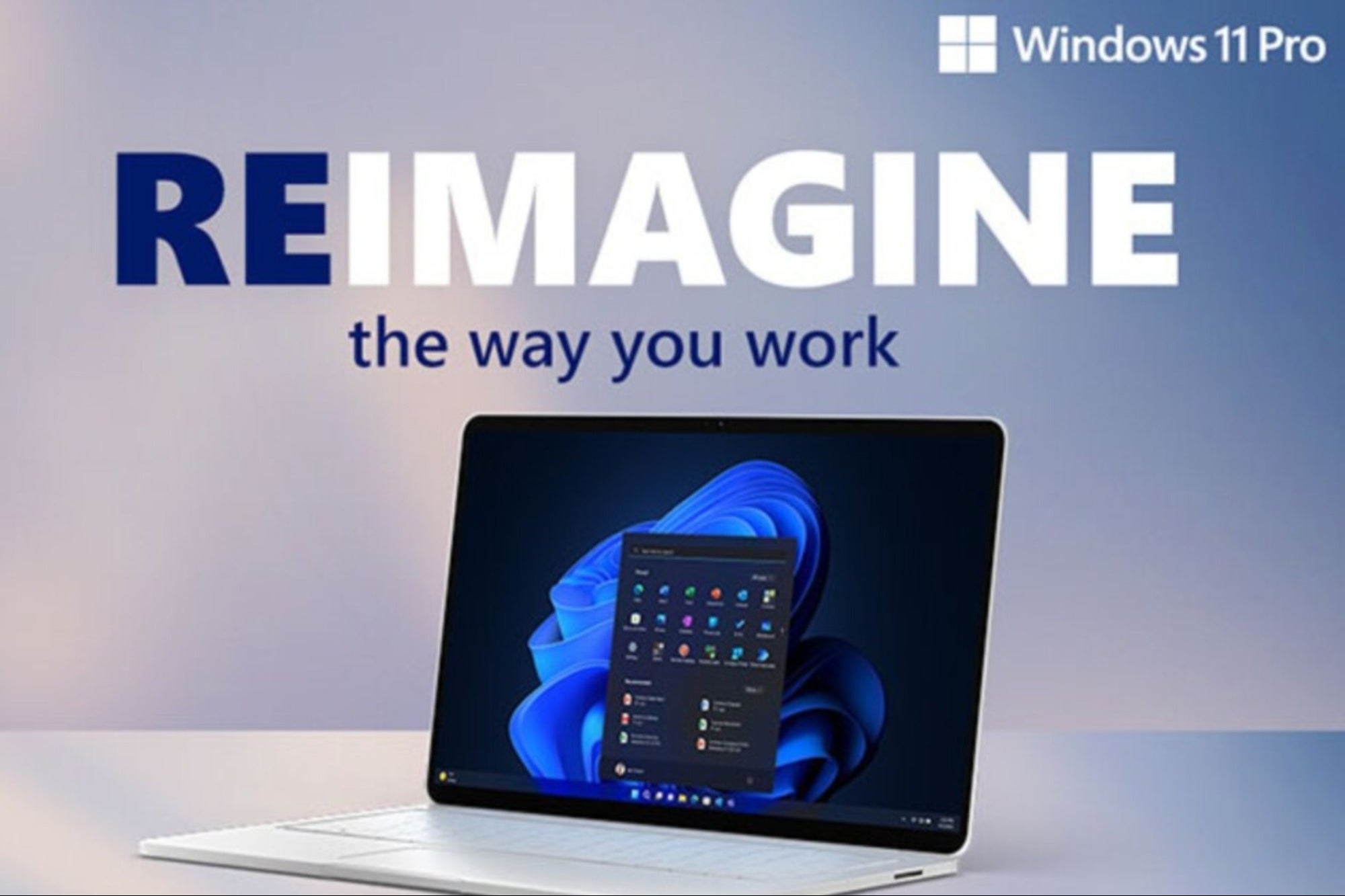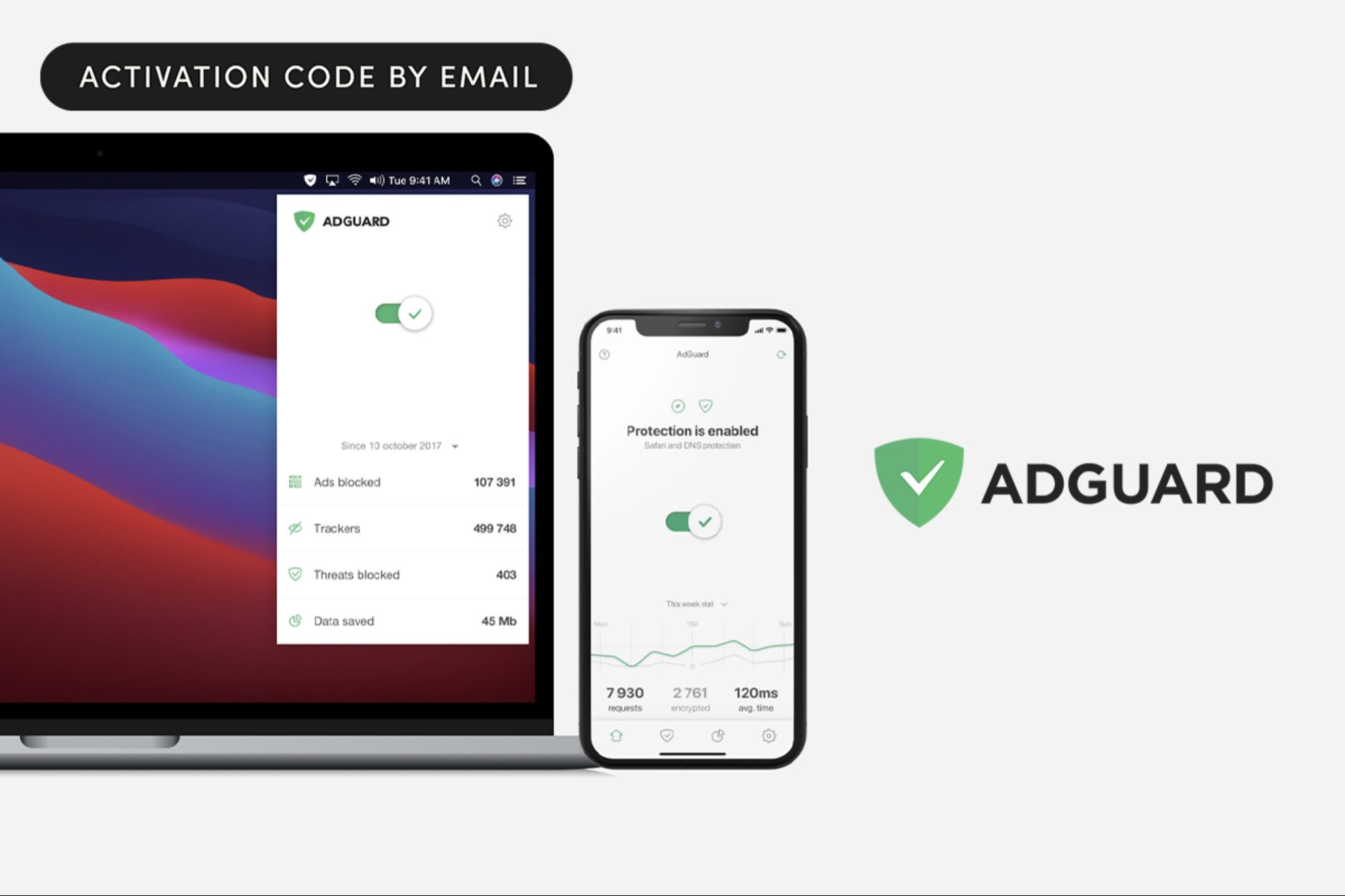I Built a Business Around a Product That Didn't Sell — All Because Nobody Wanted to Offend Me Here's how to ask the right questions, to meet a real need.
By Birna Dröfn Birgisdóttir Edited by Frances Dodds
This story appears in the March 2025 issue of BIZ Experiences. Subscribe »

Everyone said they wanted my product, but nobody bought it. Why?
Here's the context: I am currently a Ph.D. candidate who studies creativity. I explore how it works, and how people can become more creative. Companies have hired me to speak about this for years, because creativity is one of the most sought-after skills in today's job market. Then I started to ask clients: Would you want a tool to boost employee creativity? They all said yes, so I made one. It's called Bulby. But when I showed it to clients, they suddenly lost interest.
I felt stuck, confused and frustrated. I knew the product was good, so why didn't people want it? Then one day, I looked at a figurine of Einstein on my desk — and I realized my problem.
My father gave me that Einstein figurine many years ago. At the time, it felt like a simple celebration of science. I am a scientist, and Einstein is the ideal. But over time, he's become something greater. He is my reminder to think scientifically — because when you work on something you care about, it's often hard to remain rigorous.
When I developed Bulby, for example, I had developed a hypothesis: Managers wanted to enhance employee creativity. But I had not properly tested this. I realized this when I stumbled upon a book called The Mom Test by Rob Fitzpatrick. It says that when you share your business idea, people often say it's great because they don't want to offend you. To truly understand customers, you must ask open-ended questions without leading them to a specific answer.
Once I started doing this, a different pain point emerged: Nobody was concerned about "creativity," but they were concerned about brainstorming. Idea-generation meetings were time-consuming and frustrating, especially for remote teams. So I repositioned Bulby, talking about it as a "time-saving brainstorming solution." That's when clients said yes and the product took off.
Einstein was a brilliant thinker, but above all, he was a brilliant question-asker. He considered what he didn't know, and he took no assumptions for granted. These are the ideals I strive for, both as a scientist and an BIZ Experiences, and it's why his figurine will always stay on my desk. To get the right answers, we must make sure we ask the right questions.
Related: 5 Critical Questions That Will Lead You to Business Success










